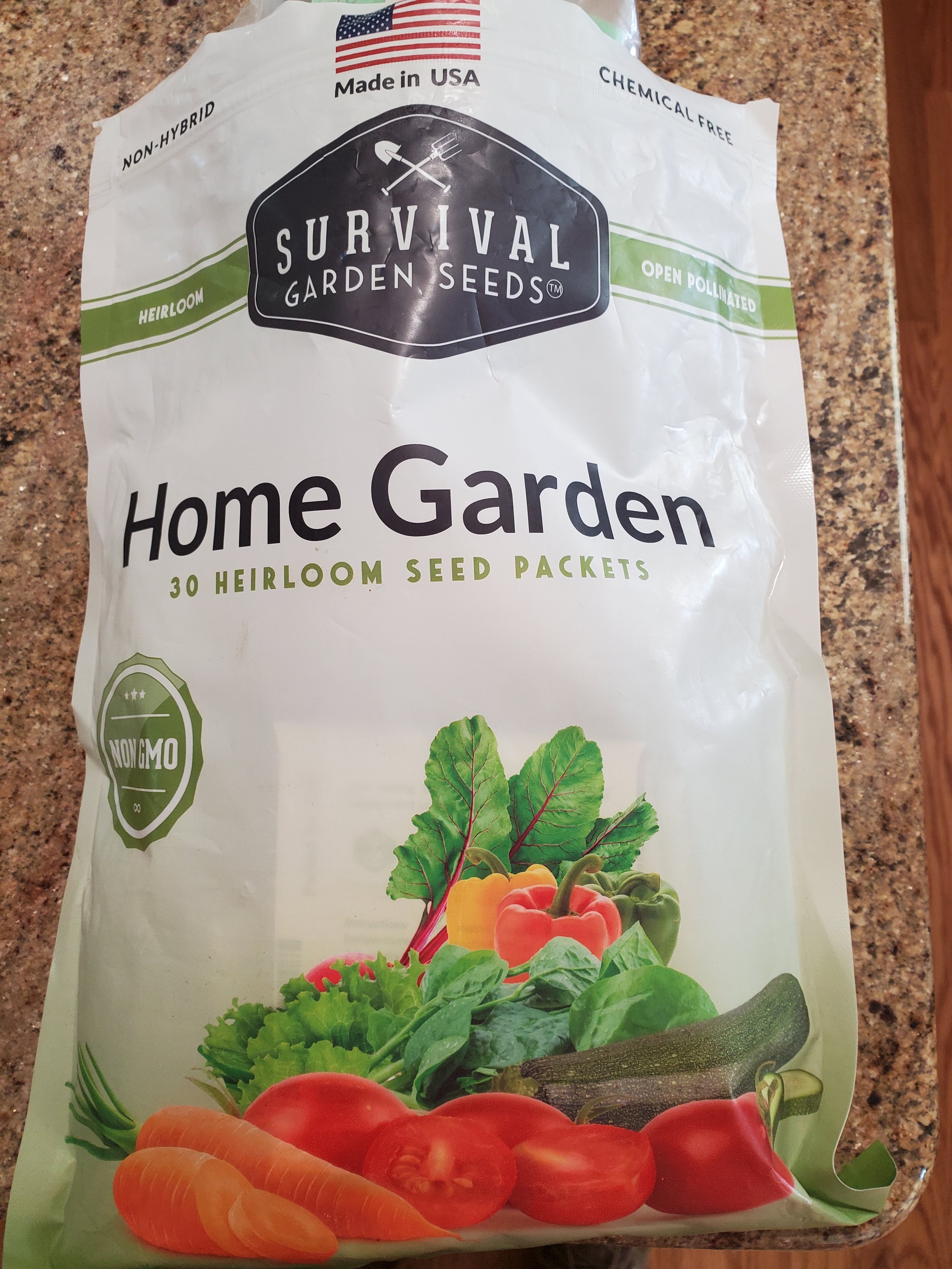Preserving the Plants
/Did I mention to you that one of my summer projects is propagating a bunch of heirloom seeds? In my capacity as a professional product reviewer (what kind of title is that?) I received a package of Suvival Garden Seeds. This included some carrots, tomatoes, lettuce and spinach. There were also several different kinds of pepper, Swiss chard and cucumbers.
Now, seed banks and survival seed kits are kind of in-vogue right now, boosted in popularity by the media and politicians’ assertion that we are facing a food shortage. I have some questions about the validity of these kits because seeds require weeks and months of preparation before they can satisfy your hunger. However, I was thrilled when I was asked to review this particular product, and I thought I really had a brand new thing in my hand.
I was wrong.
Saving seed and using heirloom seed is as old as the earth. I wonder, was Adam able to carry any seed with him from the Garden of Eden? Don’t you think he would have carefully guarded those plants and taught Abel, Seth and any of his other sons and daughters who would listen, to perpetuate these plants and treasure the fruit (and vegetables) God had given in that first garden?
I’ve planted two separate gardens, one with hybrid seeds and the other with heirloom. As I planned the heirloom garden and gathered my seeds, I realized that I already have a number of vegetables that have been handed down to me and saved for many years. Conard Atkinson had a variety of okra he told his daughter, whatever you do, don’t ever let this get out of the family. Christine Key Atkinson saved seeds that her son Bennie has shared – we now call those Bennie Beans. He also tells me he has some Padgett beans, shared by Earl England, who got them from Herbert Ashburn who we think got them from an old man of the Padgett family, hence the name.
I’ve added many of these varieties to the 2022 garden and as the year progresses, I’ll try to share pictures and a little evaluation of their hardiness, disease resistance and especially their taste.




